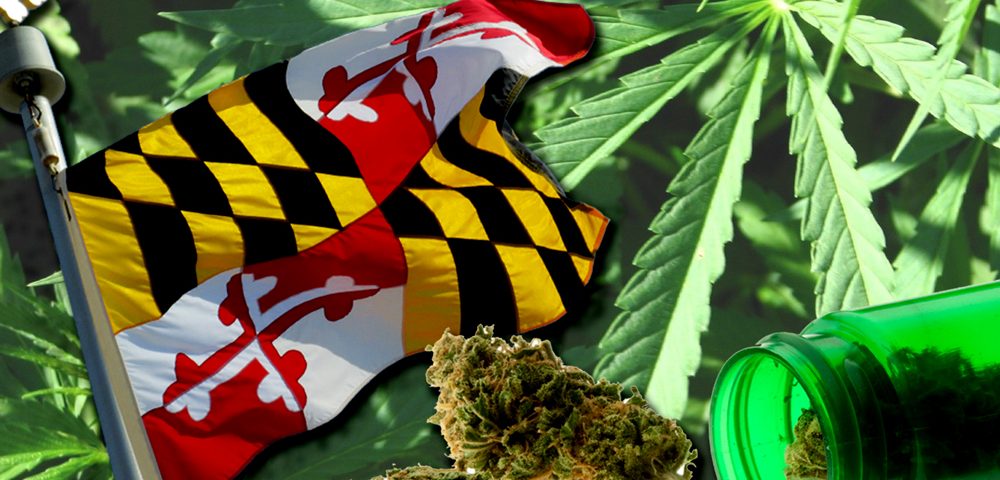Image via
The US Food and Drug Administration is asking the American public to weigh in on whether nitrous oxide should be globally banned by the United Nations.
“Nitrous oxide (N2O) is an inhalable gas that is also known by the common names, laughing gas, nitrous, whippets, NOS, or hippy-crack,” the FDA explained. “N2O was first used in the late 1700s as an analgesic for dental and surgical operations. FDA approves it as a medical gas but has seen increasing use around the world for its subjective effects. These effects include, but are not limited to, dizziness, loss of motor control, euphoria, perceptual changes, numbness, amnesia, derealization, and altered acuity.”
Teens have been getting high off whippits for decades, but surprisingly, neither the US nor the UN has banned nitrous. But in recent years, there has been a noticeable increase in whippit use in the UK and other European countries where cannabis is still illegal. This uptick has convinced the UK and a few other countries to ban nitrous oxide, and these countries are now pushing the UN to do the same.
The World Health Organization (WHO) Expert Committee on Drug Dependence (ECDD) will hold a meeting this October to discuss a proposal to add nitrous and seven other drugs to its schedule of internationally-restricted substances. The FDA will issue an official recommendation to the WHO regarding each of these drugs, but federal law requires the agency to solicit public opinion on its decision before submitting the report.
The FDA posted a notice in the Federal Register this week that invites “interested persons to submit comments concerning abuse potential, actual abuse, medical usefulness, trafficking, and impact of scheduling changes on availability for medical use of eight drug substances… WHO will use this information to consider whether to recommend that certain international restrictions be placed on these drug substances.”
The ECDD will discuss six new drugs, including two benzodiazepines (bromazolam and flubromazepam), a synthetic opioid (butonitazene), two stimulants (3-CMC and dipentylone), and a dissociative that is derived from ketamine (2-FDCK). These new drugs are likely quite unfamiliar to the average American, but the list also includes two more popular substances: the FDA-approved muscle relaxant Soma (carisoprodol) and nitrous oxide.
The Federal Register notice explains that the HHS will review the public commentary that the FDA has solicited before forwarding its “evaluation of these drug substances to WHO, for WHO’s consideration in deciding whether to recommend international control/decontrol of any of these drug substances. Such control could limit, among other things, the manufacture and distribution (import/export) of these drug substances and could impose certain record-keeping requirements on them.”
It’s hard to imagine that an individual comment could sway the UN’s opinions, but public commentary has actually influenced the global body to back down on its plans to ban certain drugs. In 2021, a massive outpouring of support helped convince the UN to vote against a proposal that would have made kratom illegal across the globe. Public opinion also helped convince the UN to officially recognize the medical value of cannabis by removing it from the most restrictive category of its international drug laws.











